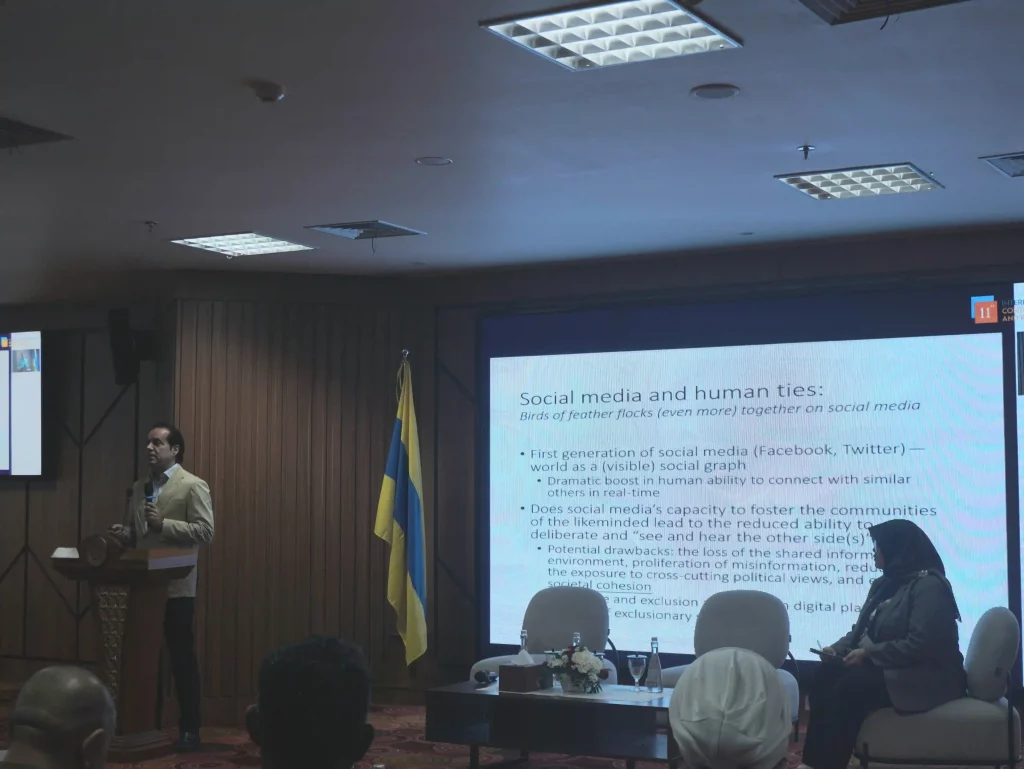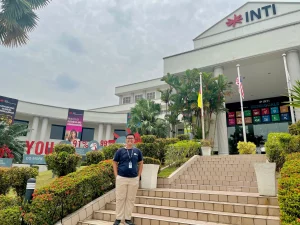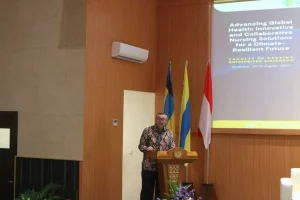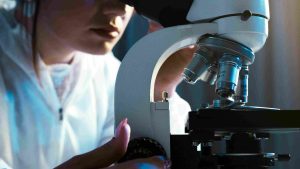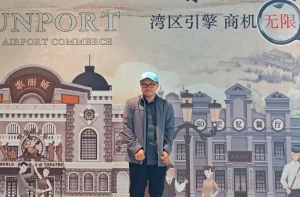UNAIR NEWS – Universitas Airlangga’s Faculty of Social and Political Sciences (FISIP) hosted the 11th International Conference on Contemporary Social and Political Affairs (ICoCSPA) 2025 on Wednesday, May 27, at ASEEC Tower, Dharmawangsa-B Campus. The conference brought together international experts to explore how digital media and artificial intelligence (AI) are reshaping modern socio-political life.
AI and algorithms
Prof. Marco Skoric of the University of Hong Kong warned that digital media risks narrowing public perspectives, as algorithms often reinforce exposure to similar content. “Digital platforms make us encounter the same things repeatedly. This strips society of opportunities to understand social complexity,” he said.
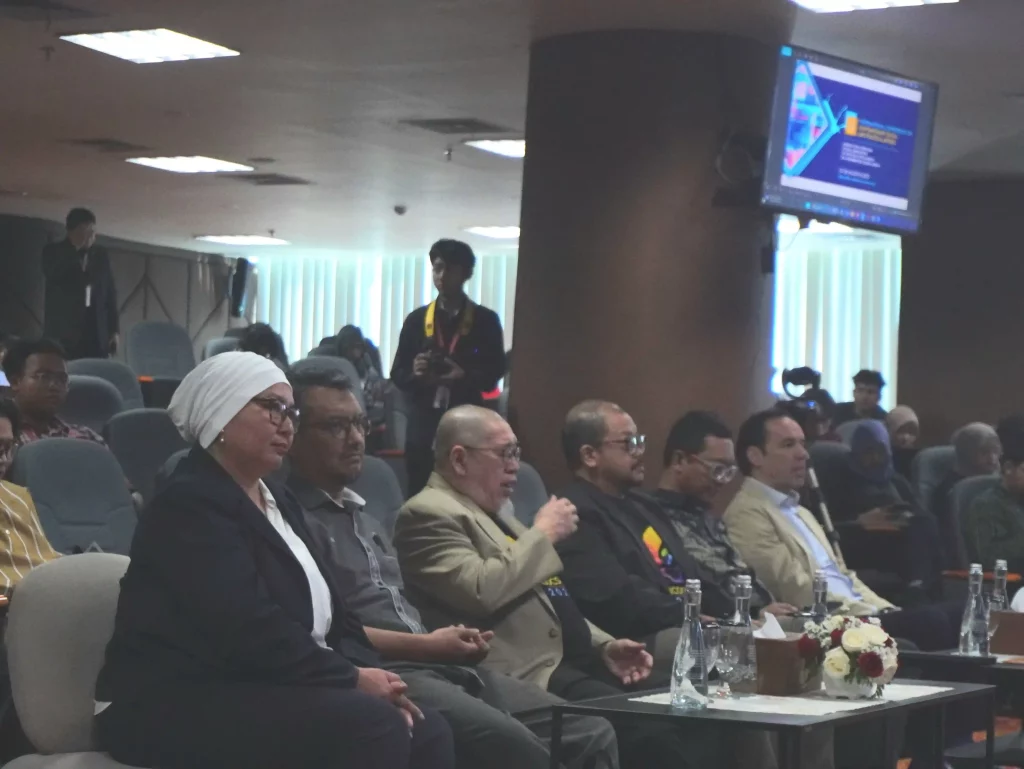
Prof. Skoric pointed to a major shift in how platforms function. While early networks like Facebook and Twitter were based on social connections, newer platforms such as TikTok organize users by shared preferences. “Instead of building communities, people are now primarily segmented as advertising targets,” he explained.
He argued that the antidote is cultivating serendipity, or openness to new and unexpected experiences. “We need greater exposure to differences—not just sameness. That is essential if society is to navigate an increasingly complex world,” he added.
Ethics and human element
Dr. Anita Dewi of Charles Sturt University in Australia stressed that while AI can streamline processes, it cannot replace human judgment. “AI supports technical work like cataloging or presenting information. But decisions about content, access, and ethical values must remain with human professionals,” she said.
She emphasized that AI must operate within ethical boundaries. “Technology never exists in isolation. There are always actors behind it, and we must remain critical—not only of AI itself but of those who design and deploy it,” she noted.
Dr. Dewi highlighted the irreplaceable role of human-centered decision-making. “In libraries, AI can handle technical tasks, but choosing children’s books or determining access to information still requires human oversight,” she added.
Speakers agreed that AI’s advance cannot be stopped but must be guided by human values. Suggested measures included age limits for social media use, stricter oversight of tech companies, and embedding digital ethics education in universities.
The conference underscored UNAIR FISIP’s message: AI and digital media are merely tools. Their value lies in how they are governed—with ethics, transparency, and a human touch that ensures society remains at the heart of technological change.
Author: Samudra Luhur
Editor: Yulia Rohmawati


